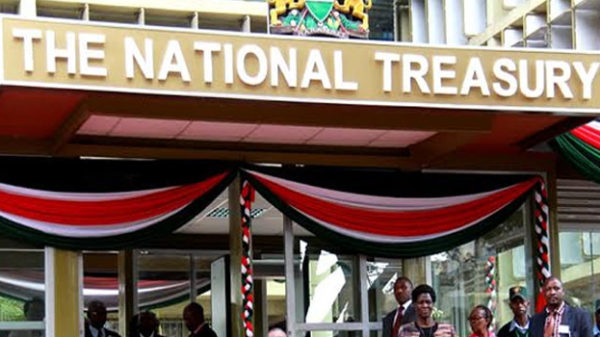PARIS, December 12 – The French economy will shrink by 0.7 percent in the fourth quarter, the central bank said Friday, in a forecast that will increase scrutiny of President Nicolas Sarkozy\’s plans to avert a recession.
Sarkozy has a 26-billion-euro (33-billion-dollar) stimulus plan and still hopes for slight growth next year despite the global slowdown but the revised central bank projection will fuel calls for more ambitious action.
"We can clearly see that economies today are tending towards a continued slowdown. It\’s obviously extremely worrying," Budget Minister Eric Woerth said in a televised interview, predicting that 2009 would be "very difficult".
France\’s downturn was announced as Sarkozy was in Brussels thrashing out a joint European plan to revive the continent\’s flagging economies, pushing for a large stimulus package in the teeth of tough German opposition.
The latest growth forecast also came as the bank announced France\’s seasonally adjusted current account deficit widened to five billion euros (6.63 billion dollars) in October from 4.2 billion euros in September.
France has so far avoided slipping into the recession that has gripped many other European economies and the government is still predicting slight growth next year but the latest figures will increase fears over jobs.
According to the central bank, France\’s industrial confidence index tumbled 10 points to 68 in November amid falling demand and plant closures, especially in the country\’s key motor manufacturing sector.
"Business leaders\’ expectations remain on the whole oriented downwards over the coming months," the bank said in its statement. "Capacity use is declining and remains noticeably below average. Orders are falling."
France has forecast growth of between 0.2 and 0.5 percent in gross domestic product (GDP) for 2009 but both the International Monetary Fund and the OECD predict its economy will enter a recession, contracting by up to 0.5 percent.
Sarkozy\’s response has been the 26-billion-euro stimulus plan, which includes massive state investment and aid for the vital car and construction industries, aiming to increase growth by one percent.
With key EU partners and the United States now experiencing or forecasting recessions, bad news has continued to pile up for the French economy, the second largest in the eurozone single currency bloc.
The car industry — which directly or indirectly employs 10 percent of the French workforce — has been particularly hard hit, with national champions Renault and Peugeot-Citroen suspending staff and closing factories.
More ominous news came on Friday, when telecoms giant Alcatel-Lucent announced a plan to lay off 1,000 white-collar staff and 5,000 subcontractors and also cut costs by 750 million euros between now and the end of next year.
The group, a two-year-old merger of France\’s Alcatel and US competitor Lucent, had already planned to lose 16,500 employees worldwide by next year after losing money for three consecutive quarters.
Now, the group expects the telecoms equipment market to shrink by between eight and 12 percent next year.
In further bad news Friday, US pharmaceuticals giant Pfizer announced another 700 compulsory job losses at the Paris headquarters of its French subsidiary and among its sales team in the country.
The European Union\’s Eurostat data agency said that in the 15-nation eurozone, seasonally adjusted industrial output fell 1.2 percent in October from September and slumped 5.3 percent over one year.
European Union leaders and officials met through the night in Brussels to settle their differences over a 200-billion-euro stimulus package designed to ward off recession and boost growth.
"In these exceptional circumstances, Europe will act in a united, strong, rapid and decisive manner to avoid a recessionary spiral and sustain economic activity and employment," a draft of the summit conclusions said.
In the run-up to the summit, Germany opposed ploughing so much public money into the package and resisted pressure to contribute more than Berlin judges necessary to get its own economy going again.



































